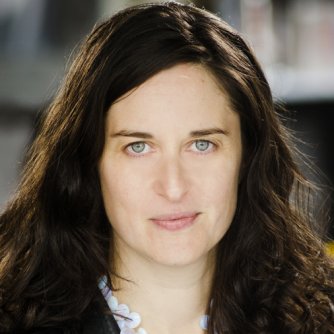 At the Buddhist Temple in downtown Denver, Junko Higdon is rehearsing a traditional song for one of the biggest annual events for the Colorado Japanese community.
At the Buddhist Temple in downtown Denver, Junko Higdon is rehearsing a traditional song for one of the biggest annual events for the Colorado Japanese community.
Kohaku Uta Gassen -- which literally means “red and white singing battle” -- is a Japan singing competition between two male and female teams that began shortly after World War Two and eventually spread to the United States.
Think NBC’s "The Voice," but with Japanese music.
"White is for the men, red is for the women and whoever gets the most points wins the trophy," says Higdon, who is one of 30 singers competing at this year's contest.
U.S. Kohaku competitions like the one in Denver are spin-offs of a massive, annual singing event in Japan that came into being in 1951. It was originally produced for the radio.
Now Japan's NHK television network broadcasts the event on New Year's Eve and it consistently attracts among the highest ratings in the country.
But the event almost completely disappeared from American cities after the first generation of Japanese immigrants died around 20 years ago.
The contest perseveres today in a few places with large Japanese populations, such as Los Angeles, with its 70,600-strong Japanese community. But Denver’s Japanese community of fewer than 3,000 people is also keeping the event alive in innovative ways.
Challenges of keeping Kohaku alive
Seiji Tanaka, chairman of the Denver Kohaku organizing committee, has been involved with Kohaku since it started 40 years ago. Tanaka says Japanese communities across the U.S. decided to replicate the original Kohaku as a way to entertain first generation immigrants. When those people passed away, most cities stopped producing it.
"We tried to continue to entertain, but no audience," Tanaka says. "Just like fishing when no fish there."
But Tanaka felt an attachment to Kohaku. So he decided to change things up.
"We start finding new fish in new generation of people," Tanaka says.
Expanding the vision
Once exclusively focused on traditional Japanese "Enka" singing, the event now includes Japanese rock and pop music as well as songs in English. For example, at this year's event, which takes place Saturday Jan. 24 at the Buddhist Temple in downtown Denver, one contestant plans to sing "Bring him home" from the musical “Les Miserables.”
The sing-off used to be the event’s biggest draw. But other forms of entertainment, like traditional Japanese dancing and taiko drumming are helping to bring in new audiences.
And Kohaku is also becoming more diverse.
"All of my Japanese knowledge came from video games of Final Fantasy," says Daniel Medina, a non-Japanese musician performing in a band at this year’s Kohaku who met Japanese lead singer Jin Kazama on Craigslist. "And then I just got lucky meeting Jin and getting to be surrounded by Japanese culture."
Denver Kohaku organizer Seiji Tanaka says the efforts to diversify are paying off. The event attracts 400 to 500 people these days, up from around 200 in the mid-1990s.
But he’s also nostalgic for the old days.
"If you can't beat them you have to join them," Tanaka says. "Many older people cannot understand new pop-type music. But in order to keep going, we need to have that kind of balancing things."
And in order to keep Denver’s Kohaku Uta Gassen going, Tanaka, who’s 76, is now on the hunt for a successor.
The 40th annual Kohaku Uta Gassen Japanese singing contest happens Saturday Jan. 24 from 11 a.m. to 4 p.m. at the Denver Buddhist Temple, 1947 Lawrence St.








